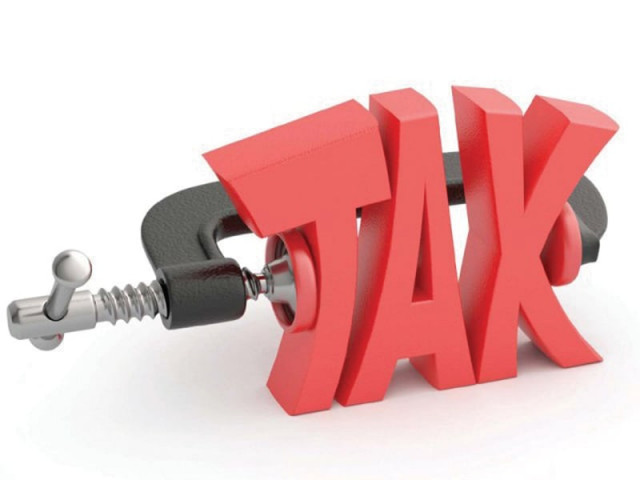CNG kits, cylinders: Federal Board of Revenue resists plan to remove import curbs
Says if the ban is lifted, 10% customs duty should be slapped.

In a letter sent to the Ministry of Petroleum and Natural Resources, the revenue-collecting body disapproved of government’s contrasting policies as on the one hand CNG stations were being shut because of gas shortage and on the other a proposal was being floated to remove the curbs on kits and cylinder import.

“CNG stations are being closed for few days and weeks or for extended periods while on the other side ban on import of CNG kits is being proposed to be lifted,” the FBR said, adding the board did not back the proposal of scrapping the ban.
However, it suggested, “if the ban is lifted, existing concessionary rate of 0% customs duty may be withdrawn and imports be subjected to 10% duty.”
The Economic Coordination Committee (ECC) will take up in its upcoming meeting a summary sent by the Ministry of Petroleum, which seeks to remove the restrictions on import of CNG kits and cylinders.
An Italian firm is pushing the government to reverse the curbs on kits and cylinder import for conversion of fuel system in vehicles from petrol into CNG, officials say.
During the tenure of the previous Pakistan Peoples Party government, the ECC on November 29, 2011 placed a blanket ban on company-fitted CNG cylinders and kits in locally manufactured vehicles in a bid to discourage increasing use of gas in cars.
It also imposed a moratorium on import of CNG kits and cylinders except for cases where letters of credit (LCs) had already been established. It exempted only CNG-fitted public transport vehicles from the restriction.
Later, the ECC in a meeting held on February 22, 2013 decided that import of kits and cylinders may be allowed in cases where LCs had been opened or bank agreement and bank contract concluded before December 31, 2011.
It also agreed that for developing the export business of CNG conversion kits, import of parts and components may be allowed subject to the condition that these parts were not manufactured locally.
However, this decision sparked a controversy as some companies got favour, prompting the Supreme Court to take notice of the matter. The Ministry of Commerce has also not issued the SRO so far to implement the decision.
In its proposal, sources said, the petroleum ministry said original equipment manufacturers (OEMs) – vehicle assemblers – could be permitted to import CNG cylinders, kits and parts for conversion of vehicles at their manufacturing and assembly plants.
The ban had particularly hit Landi Renzo, a multinational company that installed CNG kits and cylinders in locally manufactured vehicles. However, it was allowed import of parts and components for CNG kits for export purpose only.
Landi Renzo, headquartered in Italy, produces auto gas and CNG kits and has made foreign direct investment in Pakistan by setting up a kit manufacturing and assembly plant named Landi Renzo Pakistan.
With an investment of around €7.7 million, the company catered to the domestic market as well as exported kits to Brazil, China, Iran and Italy valuing €3.7 million.
The ministry pointed out that the company had contributed Rs684 million in taxes from 2009 to 2012, but with the ban on import its revenues had dropped sharply.
The company has aired concern over its future projects and investments in Pakistan and believes the government should review the restrictions, keeping its investments in mind.
Published in The Express Tribune, July 2nd, 2014.
Like Business on Facebook, follow @TribuneBiz on Twitter to stay informed and join in the conversation.



















COMMENTS
Comments are moderated and generally will be posted if they are on-topic and not abusive.
For more information, please see our Comments FAQ